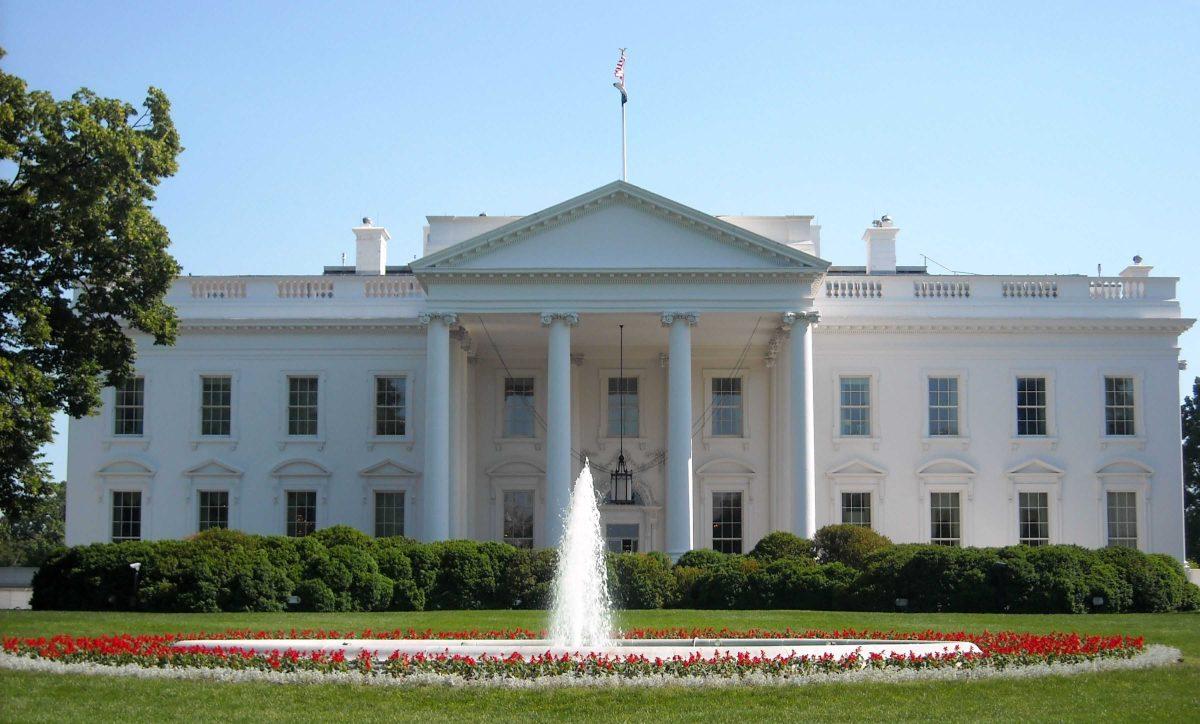“Our democracy is under threat,” hail the pundits from left and right. It’s under attack, the Democrats say, by the bad orange man; it’s in jeopardy, Republicans say, by the Biden administration or the deep state. Democracy, nowadays, is a buzzword, a cudgel of political parties.
Democracy is a vital aspect, a main artery, that pumps the United States’ lifeblood throughout its governmental system. Indeed, it’s the case that the United States is a government based on consent. Our free and fair elections express the will of the people.
For centuries, even millennia, democracy was looked upon as an inferior form of government. The foundational text of Western political philosophy, Plato’s “Republic,” in fact, says democracies are one of the worst regimes in which to live. Democracy, Plato believed, was predisposed to devolve from the freest society into an oligarchy and finally into a tyranny. “It is plain,” he says, “that tyranny is transformed out of democracy.”
This is the case because the end goal of a democracy is to maximize the freedom of its subjects. And freedom tends to make people apathetic and lackadaisical. People will become “drunk” on their freedom and will “pay no attention to the laws, written or unwritten, in order to avoid having any master at all.”
Subtly, slowly, a few select men will begin to rule as the rest turn a blind eye, according to Plato, and they will end up betraying everyone else, forcing them to serve their own personal purposes.
In an effort to save their freedom, those outside this new ruling class will turn to a single charismatic man, who promises to free them from the chains built by the ruling few.
But this man, this demagogue, is likely to betray his supporters in favor of his own interests, interests that are beneficial only to him and his small circle of counselors. And eventually, the demagogue will seize all power for himself, transforming what was once a free democracy, into a tyranny.
Our Founding Fathers knew of Plato’s concerns about democracy in the “Republic,” and some feared what democracy could do to a young, unestablished nation. Of these men, presidents John Adams and John Quincy Adams knew this well.
As shown in two LSU professors’, Nancy Isenberg and Andrew Burstein’s book, “The Problem of Democracy: The Presidents Adams Confront the Cult of Personality,” the two presidents identified three interconnected ways democracy could heighten factionalism and divide the United States.
The first was the cult of personality. The elder Adams had seen this early in his political career when he was a diplomat to the French alongside Benjamin Franklin during the Revolutionary War. Adams witnessed with annoyance how enamored seemingly all of France was with this strange colonial man, famous for his wit, scientific knowledge, quaint sense of fashion, and, inexplicably enough, a geriatric sexual allure that the ladies couldn’t seem to resist.
John Quincy recognized this potential problem during his political career too. His father lost his bid for reelection in 1800 due to what the younger Adams saw as big personalities. In this case, Alexander Hamilton, whom the Adams saw as the one mainly to blame for John’s electoral loss.
The Adams identified this cult of personality with the second danger of democracy: what Isenberg and Berstein call “manufactured partisanship,” which is “masses of committed people surrendering their capacity for critical thinking to an unwavering party orthodox.”
John and John Quincy were worried that a charismatic personality could enamor a group of voters into suspending their better judgment. One need not think hard to come up with examples from our own time of such a person.
The third problem the Adams foresaw in democracy is its tendency towards an “overindulgent popular democracy” rather than the one the Founders planned: a representative democracy.
The difference is crucial. In a representative democracy, citizens are ruled by restraint and oriented more towards the common good; it’s ruled by reason and restraint rather than emotions and vitriol; it’s aimed at national dignity over self-possession and demagoguery.
In Federalist #10, James Madison, our fourth president, agreed with the two Adams in that a representative government, a republic, was the way to avoid “factionalism.” In simple democracies, in which citizens vote themselves on all manner of policies, “A common passion or interest will, in almost every case, be felt by the majority of the whole … such democracies have ever been spectacles of turbulence and contention.”
Republics are more likely to avoid such problems in that: their representatives are more likely to be qualified to run the government, and the minority is saved from the passions of the majority through electoral processes.
Contrary to Plato, none of the Founders took democracy for granted. They knew that to advocate for democracy was, for their time, quite radical. They also respected its dangers and its potential for factional madness. For us today, this serves as several warnings.
First, it means that we should not take democracy for granted. If the Founders didn’t, we shouldn’t, either. Second, and perhaps more importantly, we should be careful even when we talk about democracy. It’s not a political tool to be appropriated by the factionalism warned against by the Founders. If we believe that freedom is the highest form and end of government and that democracy is the lifeblood of ours, we should treat its concept and practice with more respect than that.
This is contingent upon one’s opinion concerning the alleged threat of fascism, socialism, or authoritarianism.
But what I am concerned about is the apparent misunderstanding, seen through the appropriation of the term democracy, of an integral part of our governmental process.
Benjamin Haines is a 24-year-old history graduate student from Shreveport.
Opinion: Stop calling America a democracy, it’s not
January 13, 2023







